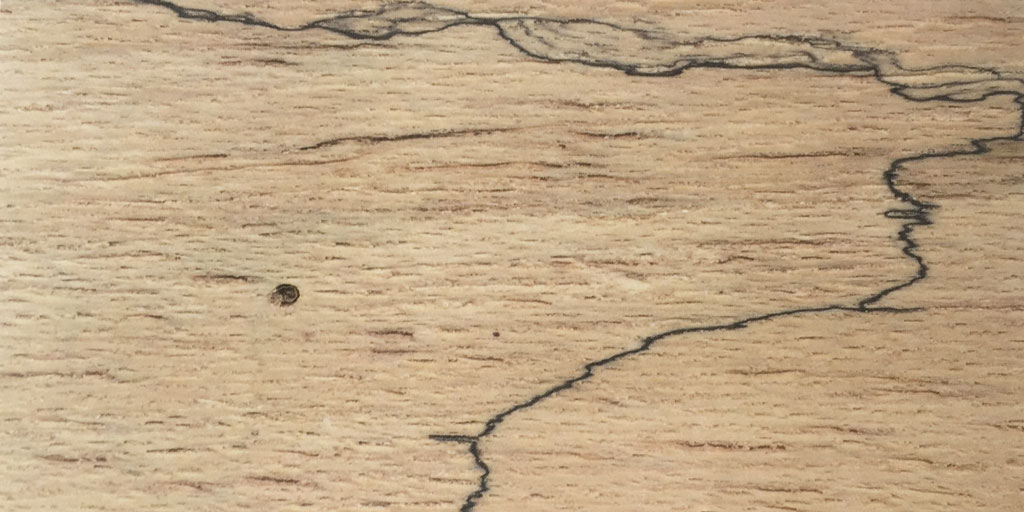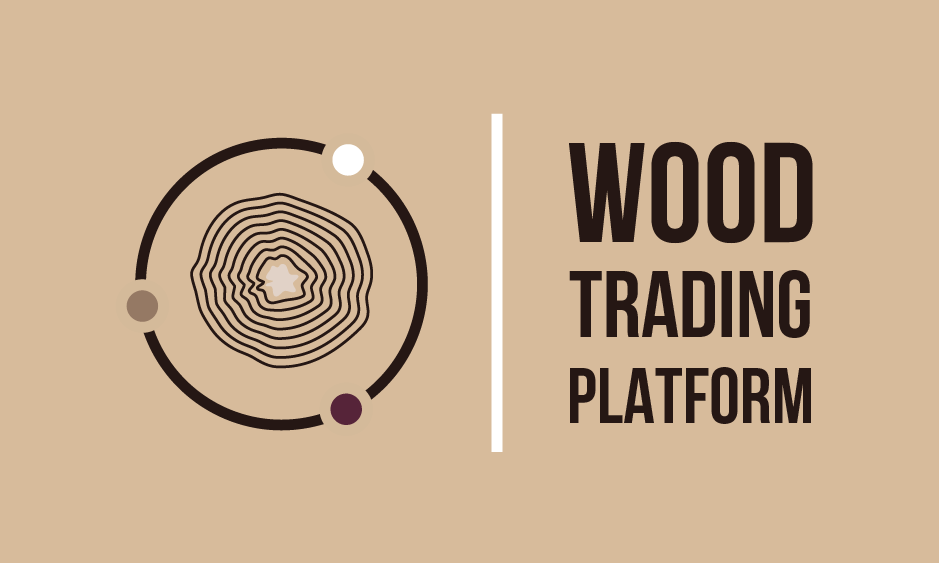
Countries of origin and local name
Ivory Coast: Bi, Azodo, Assasodou
Nigeria: Okoko, Orodo, Ebenebe
Cameroon: Bongele, Dototo, Lom
D.R. of the Congo: Bongo, Moan
Habitat
Afrormosia is a rare tree species found in West and Central Africa, including the countries of Ivory Coast, Nigeria, Ghana, Cameroon, and the Congo states. The tree grows primarily in groups.
Tree description
Afrormosia is a large tree reaching heights of 30-50 m (98-164 ft). The straight and cylindrical trunk is 60-160 cm (2-5 ft) in diameter, and is clear of branches for up to 30 m (98 ft). The scale-like bark is fibrous with strong red marks.
Wood description
The sapwood, about 3 cm (1.2 in) thick, is a lightly-colored mixture of white, green, and yellow. The core wood is greenish-brown with a silky luster and often displays greenish-red stripes. Pores may be filled with tannin, which can form calcium marks.
| DURABILITY CLASS | III |
| RAW DENSITY | 0.70 - 0.80 g/cm3 |
| BENDING STRENGTH | 110 N/mm2 |
| COMPRESSION strength | 50 N/mm2 |
| E-Module | 13,600 N/mm2 |
| Volume dwindle | 16.6 % |
| Radial shrinkage | 4.8 % |
| Tangential shrinkage | 12.0 % |
Property and application
Because of Eyong’s propensity to shrink, drying must be carefully carried out. Appropriate steam and hot water treatments can effectively combat the timber’s tendency to crack. From a mechanical perspective, Eyong is solid, flexible and pliable. It is a popular choice for solid wood furniture manufacturing and for plywood. Tests in Spain have shown that Eyong is especially suitable for fire protection doors.
How to use it
Very Good
Plywood, Blind veneer
Good
Furniture, Doors, Modeling
Usable
Not Good
Flooring, Walls, decking, Paneling, Intarsia works, Cabinetmaking, Rotary cut veneer, Flat sawn veneer, Musical instrument, Construction wood, Staircases, Ship, rail & truck building, Weapons industry, Window frames, Laboratory furniture & fittings
